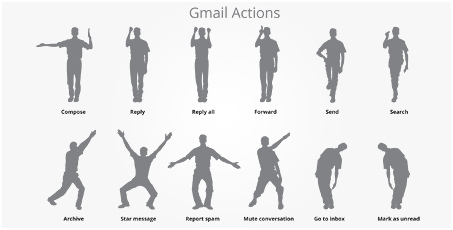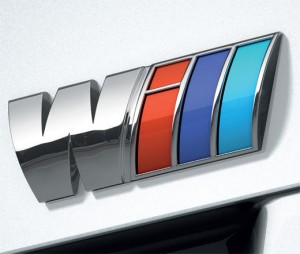Once a year the public have become accustomed to an inundation of bogus stories circulating through popular press outlets. April Fool’s Day offers an opportunity for journalists to distribute wacky and farfetched content in the hope that they can hoodwink their gullible readers.
In many ways, this year’s April Fools Day was characterized by a massive online presence as well as a huge proportion of stories circulated by brands themselves:
- Google announced the launch of Gmail Motion, a fictitious feature which claimed to incorporate motion sensor technology within their e-mail function.
- Groupon’s attempt at an April Fool prank suggested that they had filed an application for the intellectual property ownership of April Fool’s day itself, proposing to rename the annual tradition: “Groupon Presents…April Fool’s Day.”
- BMW announced that it was launching a limited edition “Royal” model of the M3 Coupe in celebration of the upcoming Royal wedding. They joked that the car would be sold in three different colors (Regal Red, Bridal White and Imperial Blue) and the M3 logo would be turned upside-down to read, “Will.”
- In perhaps the most audacious and ridiculous offering, Virgin CEO, Richard Branson claimed that had purchased Pluto and intended to reinstate it’s status as an official member of the solar system.
How can we read into these brand-oriented April Fool’ s pranks and the fact that they are being circulated and redistributed throughout the online sphere?
Are these simply innocent jokes? Or are they something more? Do they represent calculated and contrived attempts for major companies to generate publicity and a social media “buzz” surrounding their brand?




5 Responses to April Fools Day: An Innocent Joke or an Opportunistic Marketing Communication Strategy?